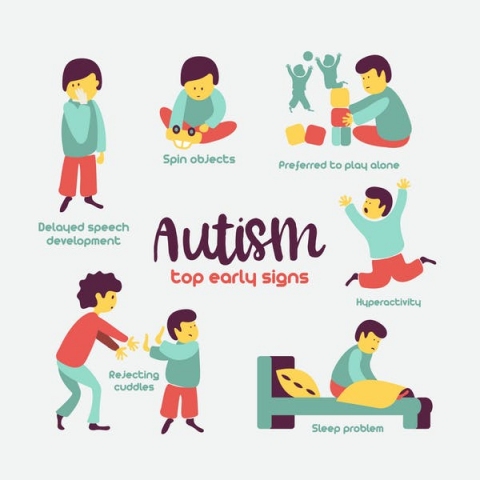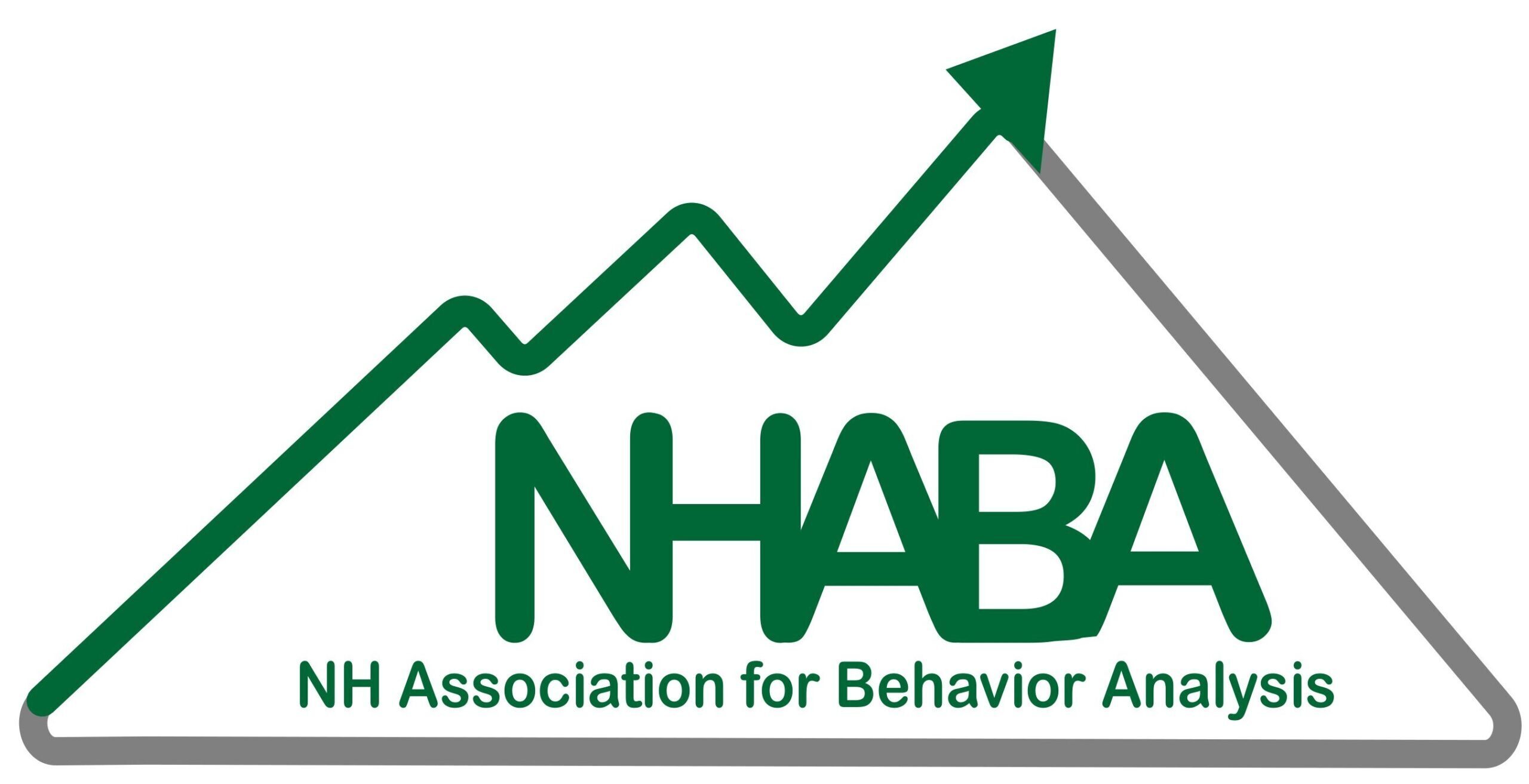Autism, or autism spectrum disorder (ASD), refers to a broad range of conditions characterized by challenges with social skills, repetitive behaviors, speech and nonverbal communication. According to the Centers for Disease Control, autism affects an estimated 1 in 54 children in the United States today. We know that there is not one autism but many subtypes, most influenced by a combination of genetic and environmental factors. Because autism is a spectrum disorder, each person with autism has a distinct set of strengths and challenges. The ways in which people with autism learn, think and problem-solve can range from highly skilled to severely challenged. Some people with ASD may require significant support in their daily lives, while others may need less support and, in some cases, live entirely independently. Several factors may influence the development of autism, and it is often accompanied by sensory sensitivities and medical issues such as gastrointestinal (GI) disorders, seizures or sleep disorders, as well as mental health challenges such as anxiety, depression and attention issues.
autismspeaks.org "What is Autism?"

Resources
Autism Speaks Inc. (AS) is the largest autism advocacy organization in the United States. It sponsors autism research and conducts awareness and outreach activities aimed at families, governments, and the public
The National Autism Center is May Institute’s Center for the Promotion of Evidence-based Practice. It is a nonprofit organization dedicated to disseminating evidence-based information about the treatment of autism spectrum disorder (ASD), promoting best practices, and offering comprehensive and reliable resources for families, practitioners, and communities.
The American Academy of Child and Adolescent Psychiatry (AACAP) is a 501(c)(3) non-profit professional association in the United States dedicated to facilitating psychiatric care for children and adolescents.
The Autism Society of America has been improving the lives of all affected by autism for over 50 years and envisions a world where individuals and families living with autism are able to maximize their quality of life, are treated with the highest level of dignity, and live in a society in which their talents and skills are appreciated and valued.
Similar to wandering behaviors in seniors with dementia or Alzheimer’s, children with Autism are prone to wandering away from a safe environment. Unfortunately, many cases end in tragedy.
NAEYC promotes high-quality early learning for all children, birth through age 8, by connecting practice, policy, and research. We advance a diverse, dynamic early childhood profession and support all who care for, educate, and work on behalf of young children.
